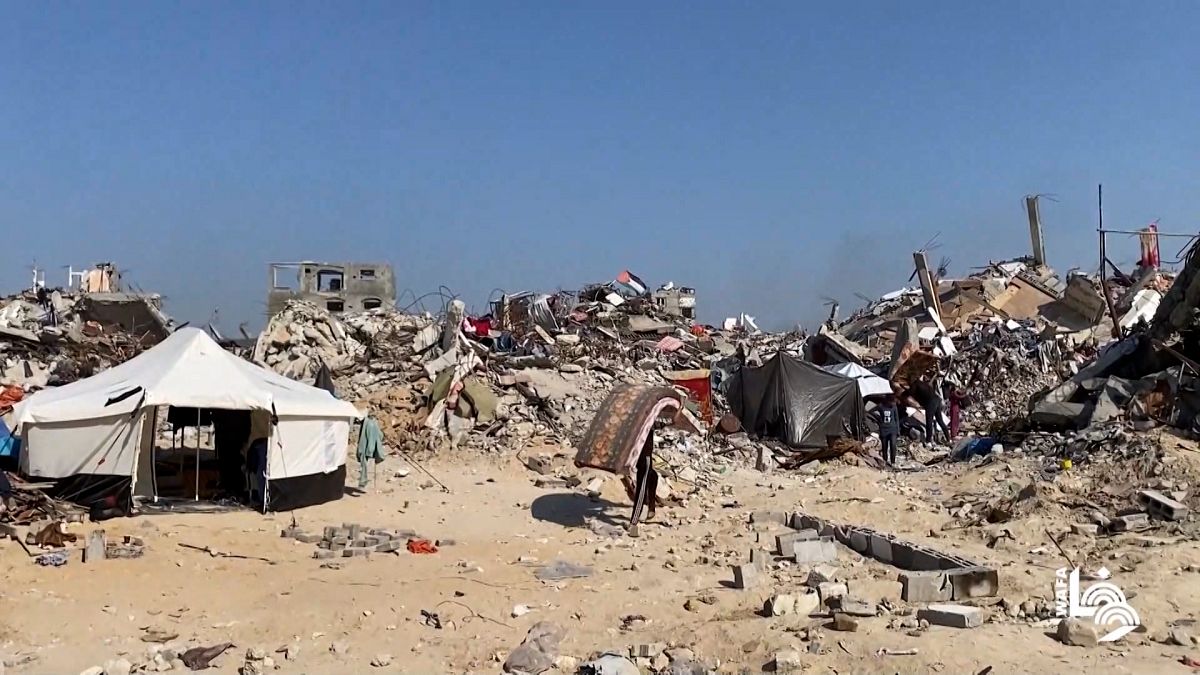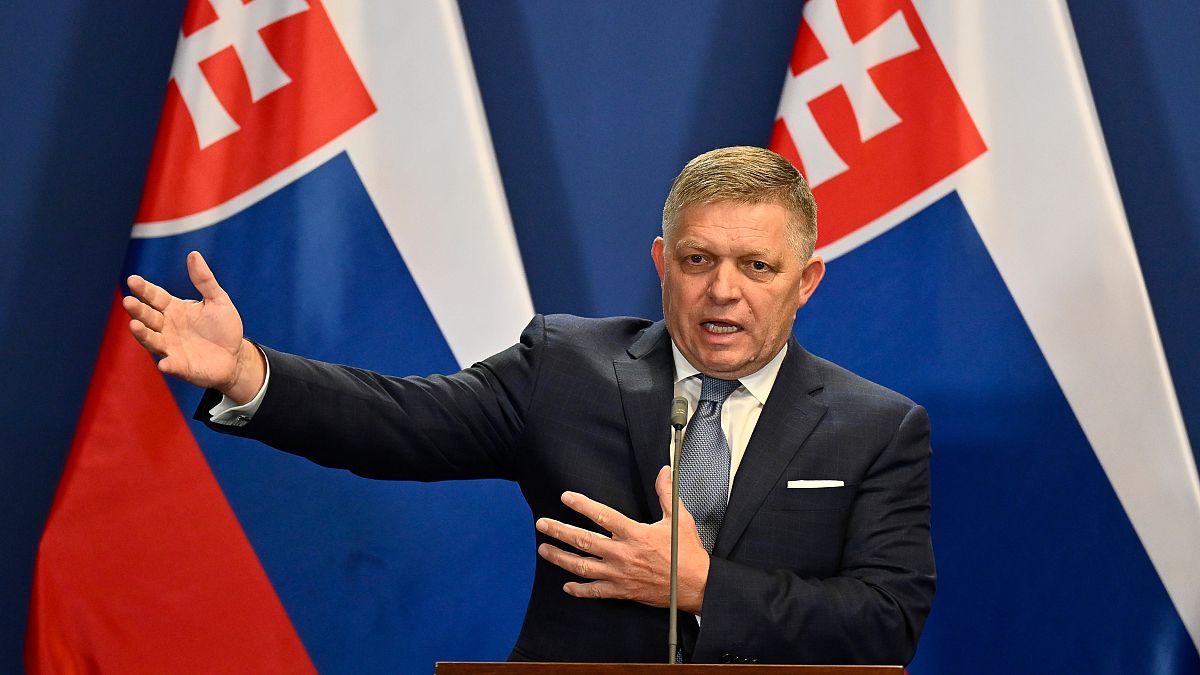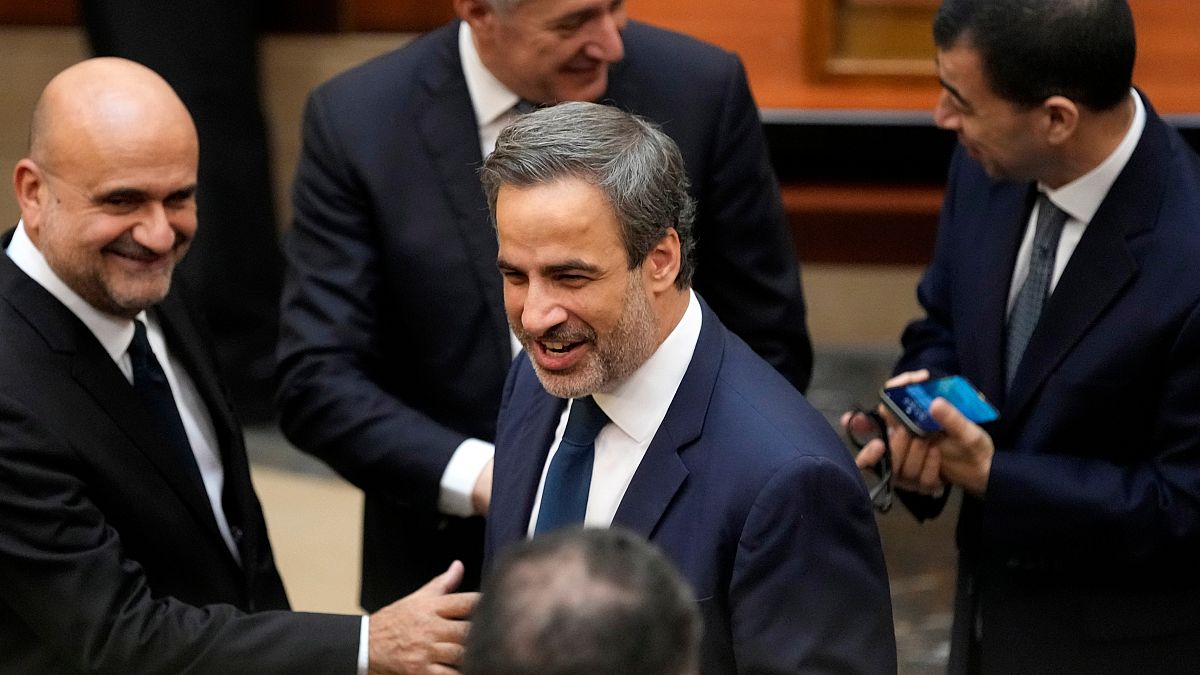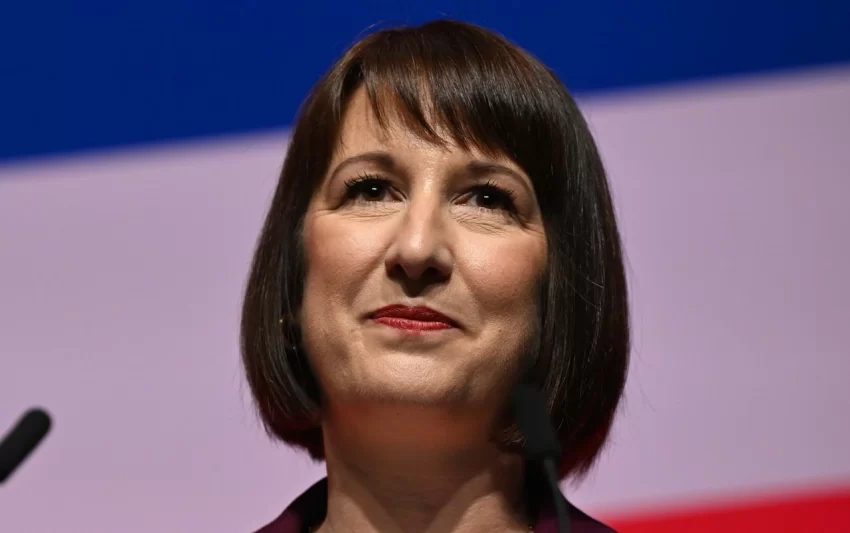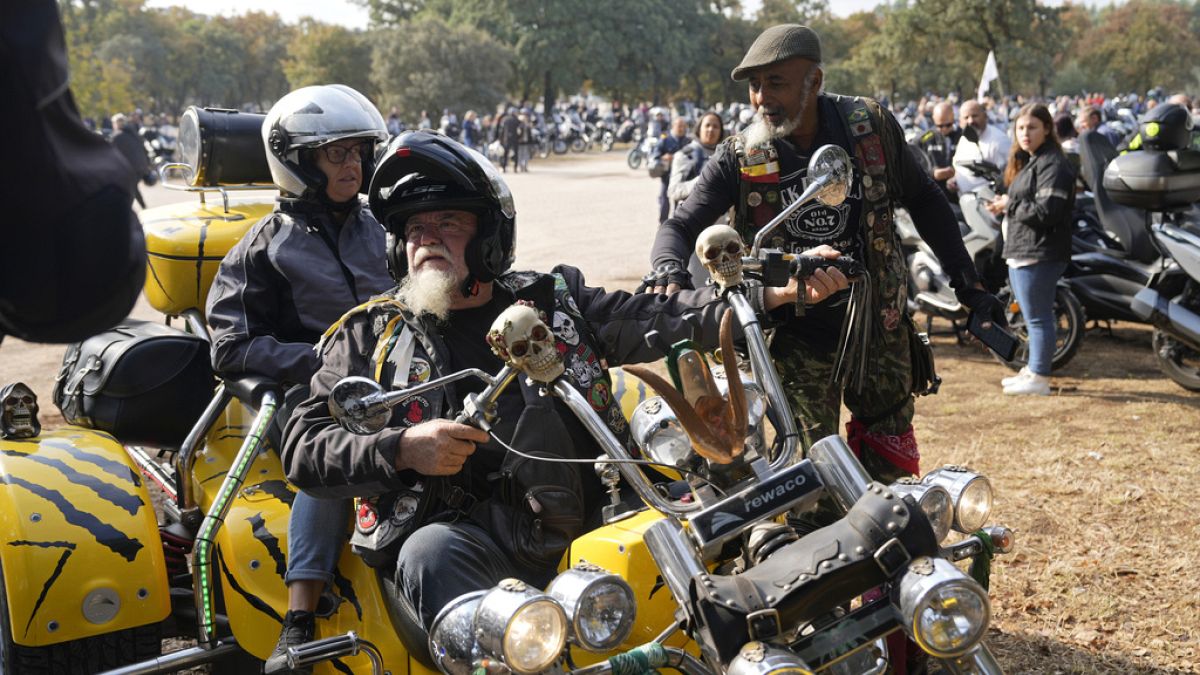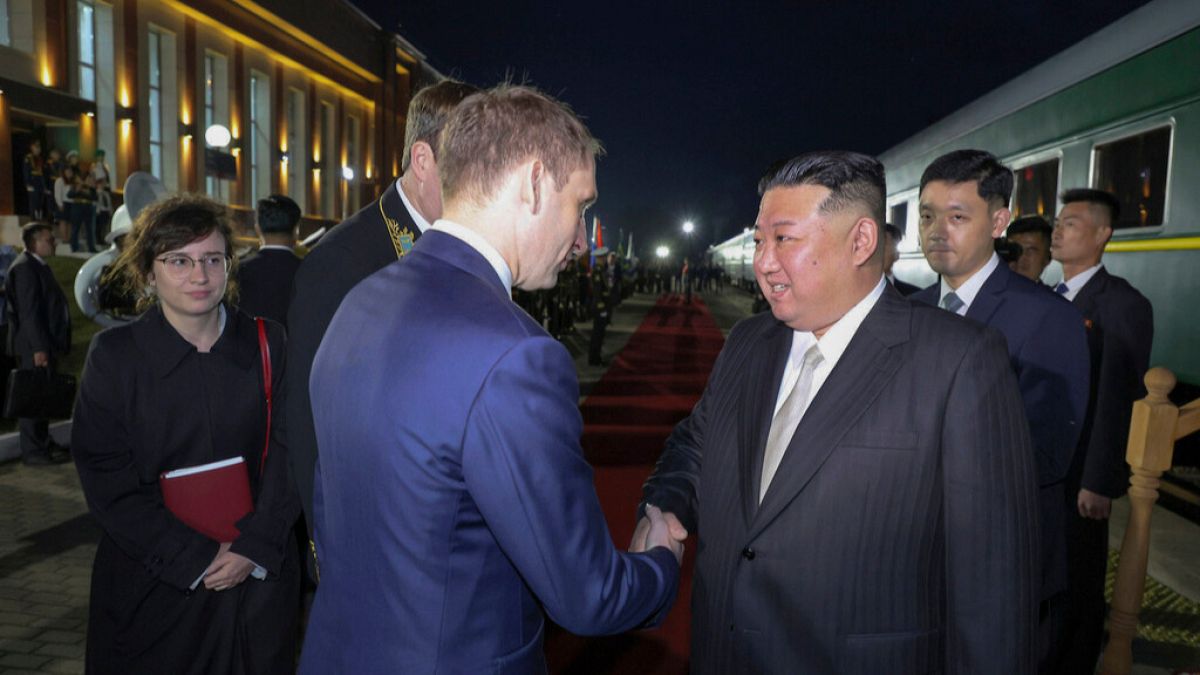The heart of British democracy is a crime hotspot
Britain’s symbol of power has an uncomfortable reputation for high levels of criminality.
LONDON — Westminster is the storied home of British lawmaking — and plenty of lawbreaking too.
Beyond the U.K. parliament itself, the London borough boasts world-famous landmarks such as Westminster Abbey and Buckingham Palace. It’s the site of cherished theaters, vast public parks, glossy tourist attractions, and sturdy government offices dating right back to the days of the British Empire.
But a borough well-used to the pomp and ceremony of a royal procession is also a crime hotspot. It faces the day-to-day grind of muggings, thefts, and street assaults — and the problem shows no signs of getting any better.
“We’re a completely unique constituency in terms of policing,” said Rachel Blake, Labour MP for the Cities of London and Westminster. “We have a business, a visitor, and a residential population and community, which presents some pretty unique challenges for the police.”
Official data show the London Borough of Westminster really is a lawbreaking magnet.
Figures for the year ending June 2024 have the City of Westminster dubiously boasting London’s highest level of police recorded crime per 1,000 people for 10 out of 13 categories. That includes burglary, drugs, possession of weapons and public order offenses.
Local Government Inform data over the same period found total recorded offenses in the borough (excluding fraud) up 5.7 percent year-on-year.
It paints a grim picture in what is supposed to be London’s main political and cultural hub, welcoming tens of million of overseas visitors every year. And it means Britain’s politicians are feeling a social scourge right on their doorstep.
Mugged
The Palace of Westminster, home to parliament, has tight security, with members of the public going through airport-style security. The Parliamentary Security Department conducts strict vetting of anyone seeking a pass, and armed officers patrol the estate. In 2022/23, £3.3 million was spent on MPs’ security — an 80-fold increase on 2010/11 levels.
But outside the gates, parliamentarians are left to mingle among tourists — and they might want to keep their phones tucked away as they do.
The most common crime in Westminster is theft, analysis shows. And it’s getting worse: thefts increased by 21 percent between 2022 and 2023, according to the same figures. Westminster also boasts a higher level of shoplifting than in upmarket Kensington and Chelsea.
Separate figures show that more than 30,000 “theft from the person” crime reports for Westminster were lodged with the Metropolitan Police in the 12 months ending Sept. 2024. That’s 45 reports per 1,000 people — 88 times the national average.

Just last month, London Centric investigated prolific illegal gambling on Westminster Bridge, and unlicensed vendors and scams aimed at tourists are a common sight on the route in to parliament.
Blake said that as a result, residents and non-residents across the constituency “feel very conscious about using their phones out and about and are changing their behavior.”
Tourists checking Google Maps and civil servants frantically messaging on WhatsApp are at risk from thieves, often on bikes, who are adept at snatching the devices and making a speedy getaway.
Labour MP Chris Webb was mugged one night this fall on the way back from parliament to his flat in London. A gang on bikes wearing balaclavas grabbed his phone and raced off.
“I wasn’t on the phone at the time and I didn’t hear them, which is remarkable in itself, of how stealthy they are,” he told the BBC. “I’m normally pretty aware of my surroundings, I’ve got pretty decent reflexes and things like that from training and boxing training.”
Since then, government whips have written to Labour MPs warning them to be “wary” using their devices near parliament.
Lawless London
The problem even risks embarrassing the U.K. on the world stage.
Back in 2019, U.S. President-elect Donald Trump branded London Mayor Sadiq Khan a “stone cold loser who should focus on crime in London” — and said he’d been a “national disgrace”in his response to crime.
Others are a little more nuanced in their critique — but no less concerned.
“We’ve seen a deterioration in the sense of control of the public realm,” said Conservative MP Kit Malthouse, who served as deputy mayor of London for policing between 2008 and 2012. “If a city gets a reputation for being high crime, it puts a lot of people off.”
Everyone POLITICO interviewed agreed that more active policing of the area was needed.

Paul Swaddle, Tory leader of the opposition on Westminster City Council, said “a small number of people” in the borough are “causing a very large number of crimes,” arguing that clamping down on organized criminality could make a big difference.
But he said social media had also contributed to London’s reputation as an unsafe place. “It’s an impact of the TikTok generation,” he argued, citing phone thefts across the capital. “That is creating a perception of Westminster and London as a no-go place for tourists.”
Hotspots
Malthouse urged police to target hotspots like Leicester Square, which have a high footfall — arguing that a strong and visible police presence can have a knock-on deterrent effect. “You need to be sure you have an absolute grip of the geography and that any criminal that’s appearing in there knows they are extremely likely to be apprehended,” he said.
“It’s all about conditioning the public environment and giving a sense of order. If you make sure the public realm feels ordered and controlled, you are less likely to see robberies and car crime and scams and muggings, because that psychologically communicates itself to criminals.”
Yet controlling the public realm may be a tall order at a time when police say they are stretched beyond capacity.
Metropolitan Police Commissioner Mark Rowley told the BBC last month that his force faced “eye-watering cuts” to services and is in a “precarious position” unless funding increased.
Though Labour wants to recruit 13,000 additional police officers, police community support officers and special constables nationally over this parliament, Rowley warned as many as 2,300 London officers may have to be cut due to a £450 million funding gap.
A spokesperson for the mayor of London said the capital “is one of the safest major cities in the world and the mayor is working closely with the Met, communities and partners to ensure Westminster and every part of our city continue to be safe and welcoming for everyone.”
They said Khan was “providing record funding to revitalize local neighborhood policing, which is boosting the Met’s targeted approach to preventing mobile phone theft and robbery across the capital, as well as supporting their work to keep Westminster Bridge and other popular areas safe.”
“You want predictable safety when you leave your home,” said Malthouse. “And I’m afraid that more and more people don’t feel that way at the moment.”
What's Your Reaction?







